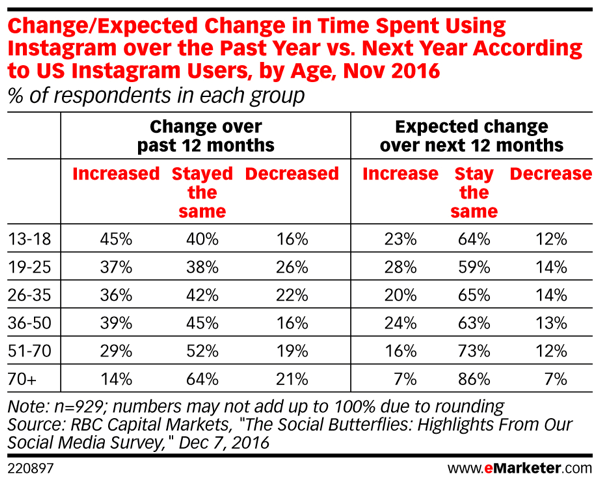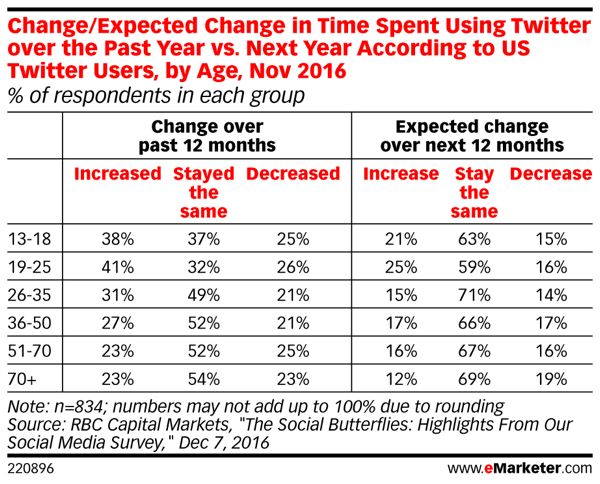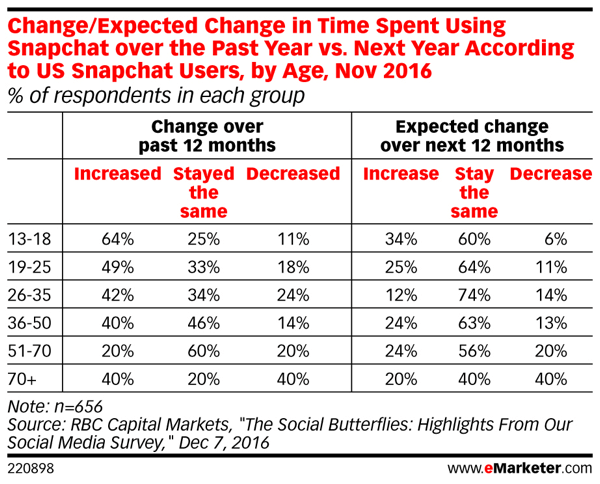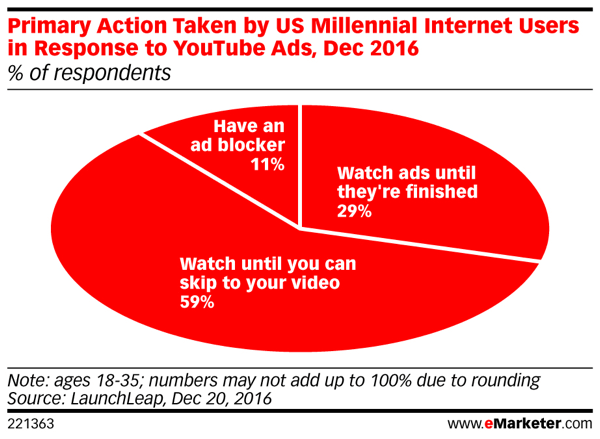Can We Please Stop Talking About Generations as if They Are a Thing?
Millennials are not all narcissists and boomers are not inherently selfish. The research on generations is flawed.
DAVID COSTANZA
APRIL 13, 2018 9:00 AM
+++++++++++++++
SIVA VAIDHYANATHAN, 2008. https://www.chronicle.com/article/Generational-Myth/32491 Generational Myth
My note: Siva raised this issue from a sociologist point of view as soon as in 2008. Before him, Prensky’s “digitally natives” ideas was already criticized.
Howe and Strauss; Millennials books contributed to the overgeneralizations. https://en.wikipedia.org/wiki/Strauss%E2%80%93Howe_generational_theory
+++++++++++++++++
We spend a lot of time debating the characteristics of generations—are baby boomers really selfish and entitled, are millennials really narcissists, and the latest, has the next generation (whatever it is going to be called) already been ruined by cellphones? Many academics—and many consultants—argue that generations are distinct and that organizations, educators, and even parents need to accommodate them. These classifications are often met with resistance from those they supposedly represent, as most people dislike being represented by overgeneralizations, and these disputes only fuel the debate around this contentious topic.
In short, the science shows that generations are not a thing.
It is important to be clear what not a thing means. It does not mean that people today are the same as people 80 years ago or that anything else is static. Times change and so do people. However, the idea that distinct generations capture and represent these changes is unsupported.
What is a generation? Those who promote the concept define it as a group of people who are roughly the same age and who were influenced by a set of significant events. These experiences supposedly create commonalities, making those in the group more similar to each other and more different from other groups now and from groups of the same age in the past.
In line with the definition, there is a commonly held perception that people growing up around the same time and in the same place must have some sort of universally shared set of experiences and characteristics. It helps that the idea of generations intuitively makes sense. But the science does not support it. In fact, most of the research findings showing distinct generations are explained by other causes, have serious scientific flaws, or both.
For example, millennials score lower on job satisfaction than Gen Xers, but are millennials really a less satisfied generation? Early in their careers, Xers were also less satisfied than baby boomers.
Numerous books, articles, and pundits have claimed that millennials are much more narcissistic than young people in the past.
on average, millennials are no more narcissistic now than Xers or boomers were when they were in their 20s, and one study has even found they might be less so than generations past. While millennials today may be more narcissistic than Xers or boomers are today, that is because young people are pretty narcissistic regardless of when they are young. This too is an age effect.
Final example. Research shows that millennials joining the Army now show more pride in their service than boomers or Xers did when they joined 20-plus years ago. Is this a generational effect? Nope. Everyone in the military now shows more pride on average than 20 years ago because of 9/11. The terrorist attack increased military pride across the board. This is known as a period effect and it doesn’t have anything to do with generations.
Another problem—identifying true generational effects is methodologically very hard. The only way to do it would be to collect data from multiple longitudinal panels. Individuals in the first panel would be measured at the start of the study and then in subsequent years with new panels added every year thereafter, allowing assessment of whether people were changing because they were getting older (age effects), because of what was happening around them (period effects), or because of their generation (cohort effects). Unfortunately, such data sets pretty much do not exist. Thus, we’re never really able to determine why a change occurred.
According to one national-culture model, people from the United States are, on average, relatively individualistic, indulgent, and uncomfortable with hierarchical order.
My note: RIchard Nisbett sides with Hofstede and Minkov: https://blog.stcloudstate.edu/ims/2016/06/14/cultural-differences/
Conversely, people from China are generally group-oriented, restrained, and comfortable with hierarchy. However, these countries are so large and diverse that they each have millions of individuals who are more similar to the “averages” of the other country than to their own.
Given these design and data issues, it is not surprising that researchers have tried a variety of different statistical techniques to massage (aka torture) the data in an attempt to find generational differences. Studies showing generational differences have used statistical techniques like analysis of variance (ANOVA) and cross-temporal meta-analysis (CTMA), neither of which is capable of actually attributing the differences to generations.
The statistical challenge derives from the problem we have already raised—generations (i.e., cohorts) are defined by age and period. As such, mathematically separating age, period, and cohort effects is very difficult because they are inherently confounded with one another. Their linear dependency creates what is known as an identification problem, and unless one has access to multiple longitudinal panels like I described above, it is impossible to statistically isolate the unique effect of any one factor.
Are some millennials narcissistic? Are some boomers selfish? Sure, but there are many who are not and whose profiles mirror other generations.
First, relying on flawed generational science leads to poor advice and bad decisions. An analogy: Women live longer than men, on average. Why? They engage in fewer risky behaviors, take better care of themselves, and have two X chromosomes, giving them backups in case of mutations. But if you are a man and you go to the doctor and ask how to live longer, she doesn’t tell you, “Be a woman.” She says eat better, exercise, and don’t do stupid stuff. Knowing the why guides the recommendation.
Now imagine you are a manager trying to retain your supposedly job-hopping, commitment-averse millennial employees and you know that Xers and boomers are less likely to leave their jobs. If you are that manager, you wouldn’t tell your millennial employees to “be a boomer” or “grow older” (nor would you decide to hire boomers or Xers rather than millennials—remember that individuals vary within populations). Instead, you should focus on addressing benefits, work conditions, and other factors that are reasons for leaving.
Second, this focus on generational distinctions wastes resources. Take the millennials-as-commitment-averse-job-hoppers stereotype. Based on this belief, consultants sell businesses on how to recruit and retain this mercurial generation. But are all (or even most) millennials job-hopping commitment avoiders? Survey research shows that millennials and Xers at the same point in their careers are equally likely to stay with their current employer for five or more years (22 percent v. 21.8 percent). It makes no sense for organizations to spend time and money changing HR policies when employees are just as likely to stick around today as they were 15 years ago.
Third, generations perpetuate stereotyping. Ask millennials if they are narcissistic job-hoppers and most of them will rightly be offended. Treat boomers like materialistic achievement seekers and see how it affects their work quality and commitment. We finally are starting to recognize that those within any specific group of people are varied individuals, and we should remember those same principles in this context too. We are (mostly) past it being acceptable to stereotype and discriminate against women, minorities, and the disabled. Why is it OK to do so to millennials or boomers?
The solutions are fairly straightforward, albeit challenging, to implement. To start, we need to focus on the why when talking about whether groups of people differ. The reasons why any generation should be different have only been generally discussed, and the theoretical mechanism that supposedly creates generations has not been fully fleshed out.
Next, we need to quit using these nonsensical generations labels, because they don’t mean anything. The start and end years are somewhat arbitrary anyway. The original conceptualization of social generations started with a biological generational interval of about 20 years, which historians, sociologists and demographers (for one example, see Strauss and Howe, 1991) then retrofitted with various significant historical events that defined the period.
The problem with this is twofold. First, such events do not occur in nice, neat 20-year intervals. Second, not everyone agrees on what the key events were for each generation, so the start and end dates also move around depending on what people think they were. One review found that start and end dates for boomers, Xers, and millennials varied by as many as nine years, and often four to five, depending on the study and the researcher. As with the statistical problem, how can distinct generations be a thing if simply defining when they start and when they end varies so much from study to study?
In the end, the core scientific problem is that the pop press, consultants, and even some academics who are committed to generations don’t focus on the whys. They have a vested interest in selling the whats (Generation Me has reportedly sold more than 115,000 copies, and Google “generations consultants” and see how many firms are dedicated to promulgating these distinctions), but without the science behind them, any prescriptions are worthless or even harmful
David Costanza is an associate professor of organizational sciences at George Washington University and a senior consortium fellow for the U.S. Army Research Institute. He researches, teaches, and consults in the areas of generations, leadership, culture, and organizational performance.
+++++++++++++++++++++
more on the topic in this IMS blog
https://blog.stcloudstate.edu/ims?s=millennials
Don’t Call Me a Millennial — I’m an Old Millennial
By Jesse Singal April 24, 2017 http://nymag.com/scienceofus/2017/04/two-types-of-millennials.html
the Census Bureau’s definition (born 1982–2000) or Pew’s (about 1981–1997).
In 2015, for example, Juliet Lapidos — born the same year I was — may have put it best in a column for the New York Times headlined “Wait, What, I’m a Millennial?” “I don’t identify with the kids that Time magazine described as technology-addled narcissists, the Justin Bieber fans who ‘boomerang’ back home instead of growing up,” she writes.
Old Millennials, as I’ll call them, who were born around 1988 or earlier (meaning they’re 29 and older today), really have lived substantively different lives than Young Millennials, who were born around 1989 or later, as a result of two epochal events that occurred around the time when members of the older group were mostly young adults and when members of the younger were mostly early adolescents: the financial crisis and smartphones’ profound takeover of society. And according to Jean Twenge, a social psychologist at San Diego State University and the author of Generation Me: Why Today’s Young Americans Are More Confident, Assertive, Entitled—and More Miserable Than Ever Before, there’s some early, emerging evidence that, in certain ways, these two groups act like different, self-contained generations.
Millennials, we hear over and over again, are absolutely obsessed with social media, and live their entire social lives through their smartphones. I tweet too much, sure, but I’ve never blasted a ’gram (did I say that right?); even thinking about learning how to Snapchat makes me want to take a long, peaceful nap
“The Job-Hopping Generation,” says Gallup — and are much more likely, relative to previous generations when they were in their 20s, to live at home and to put off family formation for a long time.
last week Pew released some numbers suggesting millennials aren’t any job-hoppier than Generation X was at the same age.

Survey: Growing Interest in Cyber Security Careers Among Millennials
By Leila Meyer 10/12/16
https://campustechnology.com/articles/2016/10/12/survey-growing-interest-in-cyber-security-careers-among-millennials.aspx
new report from Raytheon and the National Cyber Security Alliance
The report, “Securing Our Future: Closing the Cybersecurity Talent Gap,” surveyed 3,779 adults aged 18 to 26, from 12 countries around the world, including the United States, Australia, the United Kingdom, and countries in Europe, Asia and the Middle East.
a high-paying career as a cyber security professional requires skills millennials value, such as problem solving, analytical thinking and communication — and employment opportunities are available across a wide variety of sectors, including start-ups, government and hospitals.
Key findings from the report:
- 64 percent of young adults in the U.S. heard about cyberattacks in the news last year, up from 36 percent the previous year, and compared to 48 percent of young adults worldwide;
- 70 percent of millennials in the U.S. said cyber security programs or activities are available to them, up from 46 percent the previous year, and compared to 68 percent worldwide;
- 21 percent of young men expressed interest in cyber competitions, compared to 15 percent of women;
- 48 percent or respondents said more information about the specifics of cyber security jobs would help increase interest;
- 59 percent of young men and 51 percent of young women received formal cyber safety lessons in school, up from 43 percent and 40 percent respectively last year; and
- 40 percent of respondents said parents are the most influential people helping them with career advice, and 19 percent said no one was influential in helping them with career advice.
++++++++++++++++++++++++
more on cybersecurity in this blog
https://blog.stcloudstate.edu/ims?s=cybersecurity





